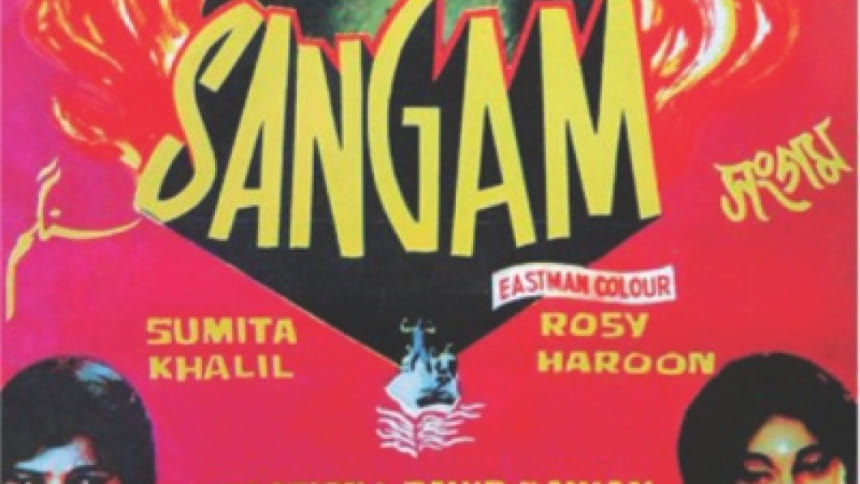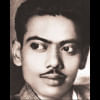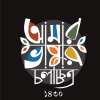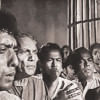A glimpse into Zahir Raihan's Films

Zahir Raihan, having done some noteworthy works in Benglali literature and film died an untimely death before he had a chance to explore his full potential.
Born on 19 August 1935, as Mohammad Zahirullah, in Majupur, (now Feni District, Bangladesh), Zahir Raihan's short stories, novels, movies and documentaries helped him earn critical acclaim and admiration in the Bengali Literary society. He was a novelist, journalist, writer and filmmaker, however he is chiefly remembered for his documentary Stop Genocide, made during the Bangladesh Liberation War. This 20-minute film documents the most profound statements, pointed and patriotic alike, depicting the mass killings and atrocities carried out by the Pakistan Army on the people of the then East Pakistan. Produced in less than a month, this also depicts the plight of the refugees and the activities of the Government in exile.
When the Liberation War began, Raihan was serving as the General Secretary of Bangladesh Liberation Council of Intelligentsia, and was making his first English film, "Let There Be Light". He left the project and started working on Stop Genocide. During the Bangladesh Liberation War, a total of four 20-minute-long documentaries were made, of which Raihan directed two – Stop Genocide and A State is Born.
A graduate in Bengali Literature, his prolific career began with his first collection of short stories, titled Suryagrahan, which was published in 1955.

Inspired by his brother, prominent litterateur Shahidullah Kaiser, he penned a significant number of short stories. Raihan ventured into films as an assistant with "Jago Hua Savera" (1959). After assisting several directors in their films, in 1960 revealed himself as the director of Kokhono Asheni which was released in 1961. He made Pakistan's first colour movie, Sangam in 1964 and completed his first CinemaScope movie, Bahana, the following year.
Zahir Raihan's different approach to storytelling sets him apart from many of his contemporaries. Remember the autocratic bad tempered woman dictating her family members in the movie Jibon Theke Neya? It is hard to find any Bangladeshi movie lover who has not seen the movie. An active supporter of the Language Movement of 1952, his film Jibon Theke Neya was critically acclaimed by Satyajit Ray, Mrinal Sen, Tapan Sinha and Ritwik Ghatak. It is a satirical depiction of the ongoing national movement, portraying an entire country through the story of a family. The movie symbolises the political dictatorship of Ayub Khan in the then East Pakistan where both stories run in parallel. As the movie unfolds, viewers start to decode the resemblance -while out on the streets, people of East Pakistan (now Bangladesh) rise in political protest, inside, the family members raise their voices against the tyranny because of this one single woman. Coming up with this storyline and implementing it in a clever way was a challenge for Zahir Raihan, as the Censor Board was not ready to give clearance to the movie. Raihan, however, never gave up on what he believed in.
Zahir Raihan spent a busy decade in the 1960s, directing "Sonar Kajol" in 1962 (jointly with Kalim Sharafi), "Kancher Deyal" in 1963, "Behula" in 1966, "Anowara" in 1966, "Dui Bhai" in 1968 and "Jibon Theke Neya" in 1969.
Apart from films, Zahir Raihan was also an accomplished writer. His publications include "Surjya Grahan", "Shesh Bikeler Meye", the epic "Hajar Bochhor Dhore", "Arek Falgun", "Borof Gola Nodi", "Aar Koto Din", "Koyekti Mrittu" and "Trishna".
Raihan's movies, just like his stories and novels, are based on strong nationalist beliefs. He not only presented the struggle of the heroes but also the emotional upheaval their families underwent. Raihan played an active role in our language movement by violating curfew. While he was in jail in connection with the movement he wrote his novel "Arek Falgun".
He also actively participated in the Gano Obhyuthyan in 1969 and joined in the Liberation War of Bangladesh. Raihan never came back when he went out on 30 January 1972 trying to find his brother, the famous writer Shahidullah Kaiser, who was captured and killed by the Pakistani Army during the final days of the liberation war. It is believed that Raihan along with many others were attacked when they went to Mirpur, one of the existing strongholds for Pakistani collaborators at that time.
Anyone who wants to watch his movies Jibon Theke Neya or Stop Genocide, thanks to youtube, you can watch them online. Raihan's films are a whole experience, usually playing upon a variety of human emotions. A film like Jibon Theke Neya is a perfectly measured combination of our sense of patriotism and the struggle to keep it alive within us, while it seamlessly blended bits of humour and romance throughout.

 For all latest news, follow The Daily Star's Google News channel.
For all latest news, follow The Daily Star's Google News channel. 








Comments